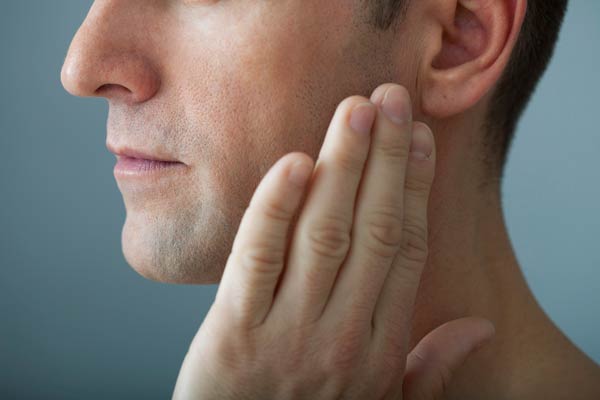Methamphetamine is a highly addictive stimulant that has become increasingly popular over the last few years. With the current focus being put all on the opioid crisis we have been experiencing, methamphetamine abuse has flown under the radar and has been steadily increasing. Methamphetamine causes the receptors dopamine and noradrenaline in the brain to be stimulated. Meth prevents the reabsorption of dopamine into the synaptic vesicles and prolongs the effects of the substance in the synaptic cleft. Consuming methamphetamine causes extreme euphoria, stimulates performance, and causes a person’s sense of self-esteem to increase. According to the National Institutes of Health, methamphetamine abuse has 3 stages:
Meth abuse can also be summarized in three escalating stages. Occasional or low-intensity use. The individual ingests meth pills or inhales powder to achieve “highs” or weight loss. Uncontrolled use. The individual smokes or injects meth to achieve rapid, intense effects, triggering essentially psychological addiction. High-intensity use. The individual (“speed freak”) is psychologically and physically addicted, demanding higher and higher doses. Abuse of meth is associated with several negative effects on health, particularly “Meth mouth” which is characterized by widespread caries, teeth grinding with ensuing dental wear, and lockjaw. (NIH)
One of the main side effects you will often hear about with someone that is addicted to methamphetamine is the devastating effects it has on a person’s teeth.
Methamphetamine Effects on Oral Health
Methamphetamine abuse has terrible effects on a person’s oral health. The term “meth mouth” is often used to refer to individuals who use methamphetamine. “Meth mouth” is characterized by severe tooth decay and gum disease which often causes an individual’s teeth to break or fall out. The teeth of people that are addicted to methamphetamine are usually rotting, blackened, stained, crumbling, and falling apart. Most of the time these teeth cannot be saved and must be removed. Methamphetamine is very acidic which in itself causes a lot of the tooth problems of addicts. The other issues that occur when someone is addicted to methamphetamine are partly due to the dry mouth it causes and long periods of poor oral hygiene. Since meth is a central nervous system stimulant, it can cause users to extensively grind their teeth, clench their jaws, and can also cause muscle trismus. Muscle trismus is lockjaw. Lockjaw is a painful condition in which the muscles that are used for chewing become contracted and inflamed preventing the mouth from fully opening.
The Link Between Methamphetamine and Lockjaw
Lockjaw is called tetanus and is an infection of the mouth that many meth abusers get. The term lockjaw was coined because it often causes the neck and jaw muscles to lock, making it hard to swallow foods or even open your mouth normally. Some of the other oral effects of methamphetamine addiction are xerostomia and carious lesions. Xerostomia is an unusually dry mouth that is often caused by medication. Also, dry mouth can have causes that aren’t due to underlying disease. Some of these causes can be from not drinking enough fluids, sleeping with the mouth open, dry hot weather, or eating dry foods. Carious lesions are a visible macroscopic breakdown in the tooth surface (visible hole) and the area may also have softened walls or floor. The same thing as dental caries or tooth decay ‘cavities’. Methamphetamine abuse not only has devastating effects on a person’s oral health, but it also has other bad short and long-term effects on its abuser’s overall health. Some of the other short-term effects of meth are shortness of breath, insomnia, hyperactivity, decreased appetite, nausea, vomiting, diarrhea, tremors, and trouble breathing. Long-term effects can include anxiety, confusion, paranoia, delusions, hallucinations, stroke, high blood pressure, irregular heartbeat, and violent behavior. It is never too late to get help. Don’t ever give up! Help is available and will always be available when you are ready.
Treatment for Meth Addiction
If you or someone you love is struggling with an addiction, our addiction specialists are available around the clock to assist you. Evoke Wellness at Cohasset offers evidence-based treatment programs to cater to the individual needs of each patient. Our solution-focused addiction treatment will lead you on a road to long-lasting recovery. You don’t have to suffer any longer, call us today.




